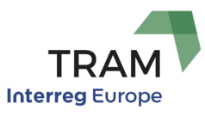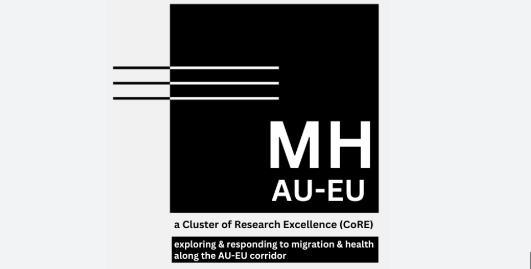The Radboud University Network on Migrant Inclusion (RUNOMI) is an interfaculty network organization of 120+ scholars working at Radboud University. We emphasize interdisciplinary cooperation, leveraging the expertise of researchers from all seven faculties at Radboud University to foster innovative approaches to pressing issues. The organization of the network is overseen by a steering group with representatives of each faculty and a core team that manages the RUNOMI activities. However, many activities are initiated bottom-up and aimed at a variety of stakeholders such as policy-makers, scientists, migrants and professionals.
RUNOMI also collaborates with:
Centre for Migration Law | Radboud University
International Migration, Integration and Social Cohesion – IMISCOE
GSMERH | The Global Society on Migration, Ethnicity, Race and Health
Nijmegen Centre for Border Research
RESEARCH — EDUCATION — SOCIAL IMPACT
The expansion and intensification of collaboration in research, teaching and partnerships with societal actors in the domain of migrant inclusion is at the core of the network. We strive to provide evidence-based inspiration for policy and practice. We aim to do so inter alia by contributing to the design, the implementation and the evaluation of policies, be they local, national or international.
With its teaching and research activities, RUNOMI aims to explore and propose innovative solutions for persistent challenges related to migration and inclusion.
Every summer, RUNOMI coordinates a Summer School course that aims to equip students with the knowledge and skills necessary to address the complexities of a multicultural society. Past years have seen RUNOMI summer schools organised on themes of migrant inclusion in digitalized society, introduced by our members, other scholars and as well as practitioners who provide lectures on different aspects of these topics.

RUNOMI continuously looks for possibilities to establish links between academia and the practice, in order to ensure that both worlds are connected and serve as a mutual sources of inspiration. Bringing about meaningful dialogue is how we create impact.
To keep up-to-date on our activities and events, subscribe to our Monthly Newsletter and follow us on LinkedIn!




